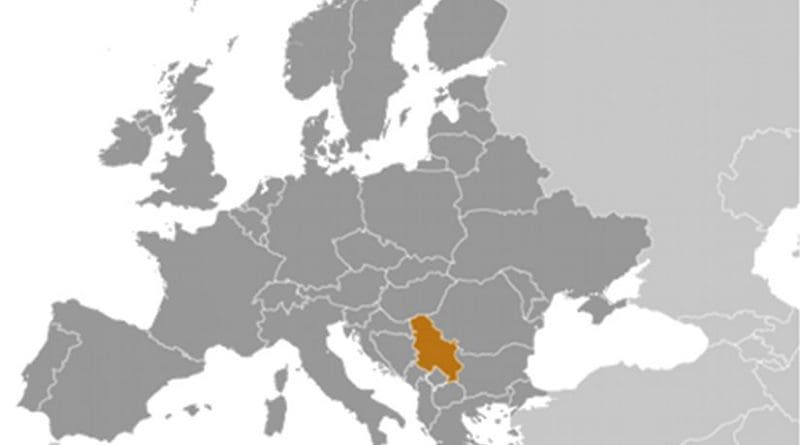Serbia: Split In Islamic Community Proves Hard To Heal
By SETimes
By Igor Jovanovic
Despite a purported deal to put aside their differences, the two Islamic communities in Serbia continue to be at odds.
An agreement on reconciliation was been announced in mid-October by ministers Rasim Ljajic and Sulejman Ugljanin. The representatives of Bosniak parties in the Serbian government, announced an agreement involving two factions — the Islamic Community of Serbia and the Islamic Community in Serbia.
The first of these is led by Reis Adem Zilkic, while the latter is headed by Sandzak Mufti Muamer Zukorlic, who recognises the supreme authority of the Riaset of the Islamic Community of Bosnia and Herzegovina (BiH).
“We are in no way involved in the talks on reconciliation and we think it is bad for our faithful. We will not agree to a ‘done deal’ policy,” Zilkic told SETimes.
But Samir Tandir, a representative of Zukorlic’s community, said negotiations are in progress and that members of the community are very satisfied.
“I cannot disclose any details of the agreement, but we are very happy with it,” Tandir said
Turkey has played a leading role in mediating between the two bickering sides. In mid-October, Ljajic paid a visit to Ankara to discuss the issue, declaring afterwards that “an agreement on unification is now unstoppable.”
In turn, Turkish Foreign Minister Ahmet Davutoglu visited Belgrade on October 24th. Afterwards, he told the Turkish media he hoped “a new period would start for the Muslims in Sandzak and other parts of Serbia”.
However, neither Serbian President Boris Tadic nor Foreign Minister Vuk Jeremic commented to the media after the meeting, and subsequent weeks have seen a flurry of objections.
“We will not agree to any agreement that envisages the annulment of the Riaset [the highest executive and administrative organ] of our Islamic community. The roof organisation of Muslims in Serbia should be in Serbia, rather than in some other state,” Zilkic said.
Scepticism regarding the agreement has also been voiced by Albanian Muslims from southern Serbia, who said they would not acknowledge the agreement because they had not been involved in its making.
Ljajic has accused both Zilkic and Zukorlic of delaying reconciliation, saying they were more concerned with politics and business than with leading their faithful.
“I do not know what will happen to it,” he now says of the reconciliation plan, adding that the terms appear to have changed between the time of his visit to Ankara and Davutoglu’s Serbia trip.
Religious Information Agency editor Zivica Tucic told SETimes that the problem was probably that Belgrade was not sufficiently involved in the forming of the agreement.
“The agreement was formed in Ankara, Sarajevo and Novi Pazar, while Belgrade was completely pushed to the side. That makes achieving agreement difficult and it is unclear why states got involved in the matter as well,” Tucic said.
Since there are Islamic communities in the region that are not under the authority of Sarajevo, the rationale behind the plan is weak, he said.
“The centre of Montenegrin Muslims is in Podgorica and of Muslims in Macedonia in Skopje. Why then should the centre of Muslims in Serbia be in Sarajevo?” Tucic said.

